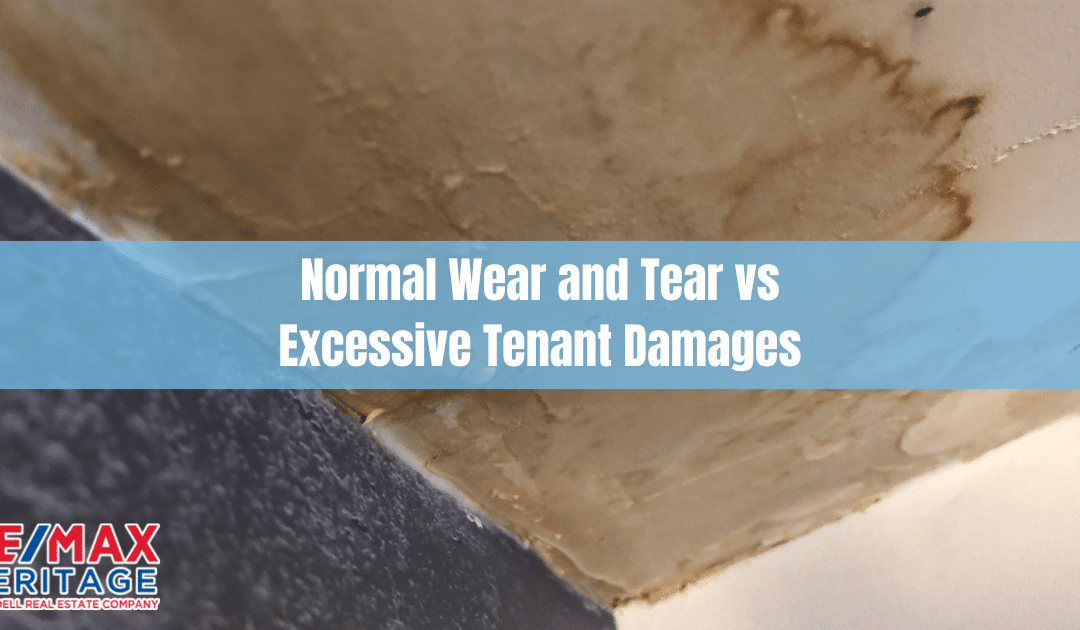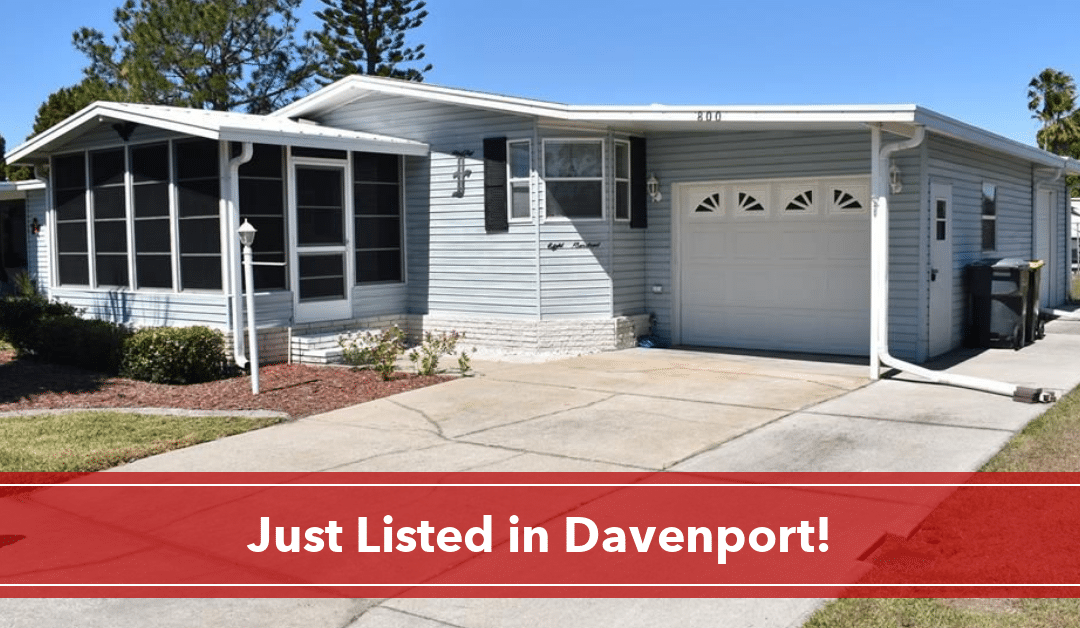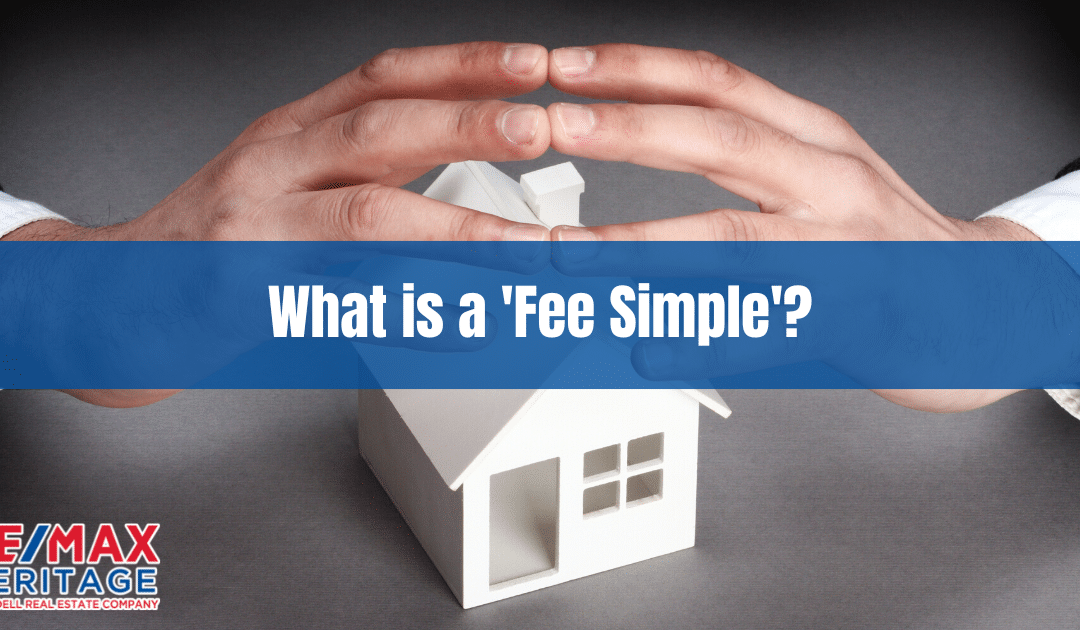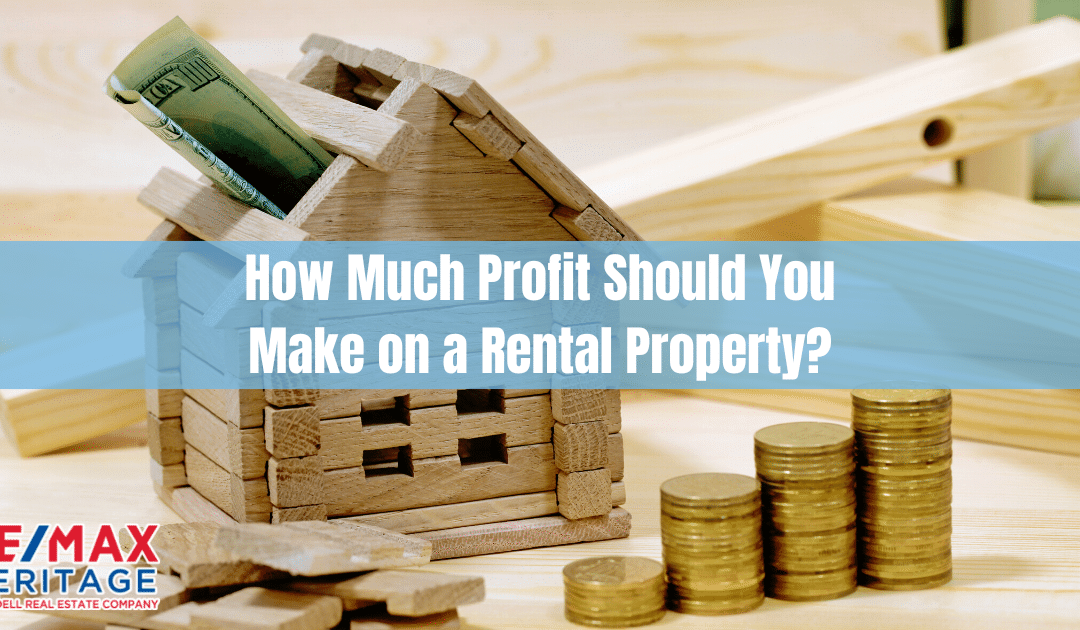
by Elsa Soto | Mar 24, 2023 | Blog, Homeowners, Homes, Villas and Condos, News, Property Management, Real Estate News, Renters
Normal Wear and Tear vs Excessive Tenant Damages Normal Wear and Tear vs Excessive Tenant Damages “Normal wear and tear” is one of those landlord-tenant law phrases that is subjectively difficult to define. It’s one of the leading contributors to...

by Elsa Soto | Mar 22, 2023 | Blog, Buyers, Homeowners, Homes, Villas and Condos, New Listing, News, Property for Sale, Property for Sale in Orlando, Real Estate News
Perfect PoloPark East Home Just Listed 800 Polo Park East Blvd, Davenport, FL Click Here to Get Directions $169900 2bed – 2bath – 4012 sqft lot Photos | Maps & Local | Schools | Print Location! Location! Location! Ideally situated between the...

by Elsa Soto | Mar 22, 2023 | Blog, Buyers, Homeowners, Homes, Villas and Condos, News, Real Estate News, Sellers
Median Prices Up in February Fla.’s Housing Market: Inventory, Median Prices Up in February ORLANDO, Fla. – Florida’s housing market in February continued to show increasing inventory (active listings) and higher median prices compared to a year ago, according to...

by Elsa Soto | Mar 22, 2023 | Blog, Homeowners, Homes, Villas and Condos, News, Real Estate News, Renters, Sellers
Rent Or Sell Your Home? Rent Or Sell Your Home? Renting out a house can be an option when you’ve got to move but you aren’t quite sure if it’s time to sell. Sure, many homeowners who need to move decide to sell their current home so they can have plenty of cash to buy...

by Elsa Soto | Mar 21, 2023 | Blog, Buyers, Homeowners, Homes, Villas and Condos, News, Real Estate News
What Does ‘Fee Simple’ Mean? What Does ‘Fee Simple’ Mean? The term “fee simple” is typically found on a house’s official deed, one of those nondescriptive real estate terms whose meaning is not clear immediately—or even after a few hours’ pondering. You might have a...

by Elsa Soto | Mar 17, 2023 | Blog, Homeowners, Homes, Villas and Condos, News, Property Management, Real Estate News, Renters
How Much Profit Should You Make on a Rental Property? How Much Profit Should You Make on a Rental Property? The objective of a rental property business is to generate gross monthly income that can help cover operating expenses and result in profits. But in order to...








